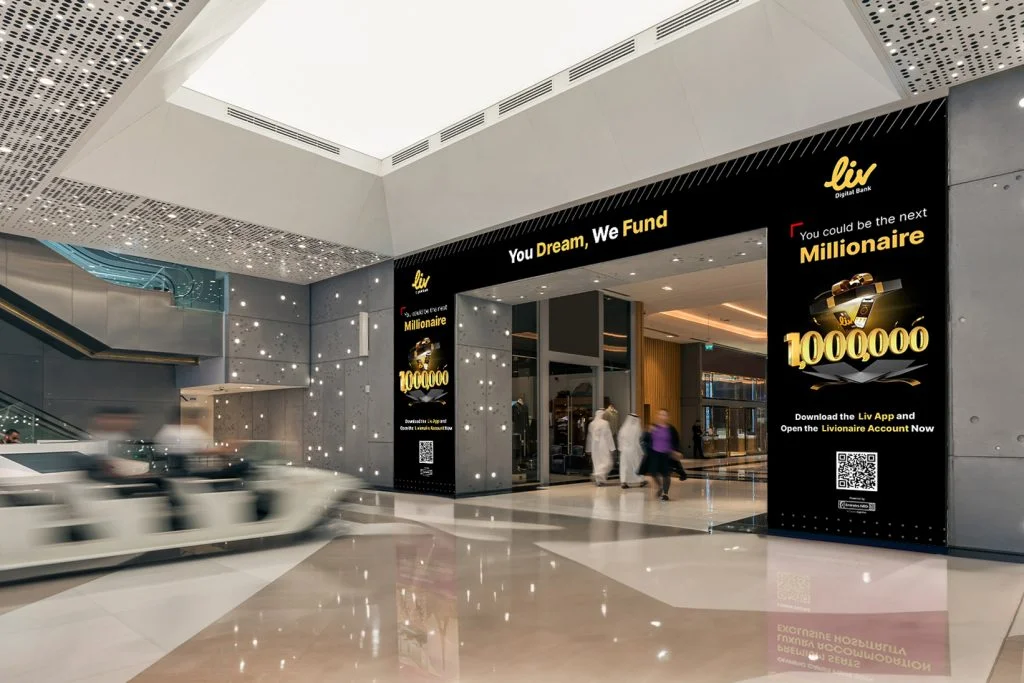Social media has transformed how event planning companies in Dubai approach organizing, promoting, and managing events. These platforms provide a powerful and accessible way to reach large audiences, engage attendees, and streamline event logistics. Whether it’s a small corporate gathering or a large public festival, social media has become a vital tool in creating successful and memorable events.
Promotion and marketing:
One of the primary benefits of social media in event planning is its ability to reach a vast audience quickly and effectively. Organizers can create event pages, share details, and post updates across multiple platforms, such as Facebook, Instagram, Twitter, and LinkedIn. By using targeted advertising, planners can ensure their promotional efforts reach the right demographic, increasing attendance and interest in the event. Eye-catching visuals and engaging content can generate buzz and excitement, driving ticket sales and registrations.
Engagement and interaction:
Social media allows for real-time engagement with attendees, creating a sense of community even before the event begins. Organizers can interact with their audience through polls, Q&A sessions, and live chats, nurturing a two-way conversation that makes attendees feel valued and involved. Sharing behind-the-scenes content, such as planning updates and sneak peeks, builds anticipation and encourages participants to share their excitement, amplifying the event’s reach organically.
Event branding:
Consistent branding across social media channels helps establish a strong identity for the event. Event planners can use specific hashtags, logos, and color schemes to create a cohesive online presence. This branding helps in recognition and also encourages attendees to use the same hashtags when sharing their experiences, further promoting the event. By curating a distinct online persona, organizers can set the tone and expectations for the event, improving its overall appeal.
Live coverage and updates:
During the event, social media works as a real-time communication tool. Organizers can provide live updates, share highlights, and post photos and videos, ensuring that attendees stay informed about schedules and activities. This live coverage can attract attention from those who couldn’t attend, possibly increasing interest for future events. Engaging with attendees online during the event also encourages them to share their experiences, creating a vigorous online presence that extends beyond the physical event.
